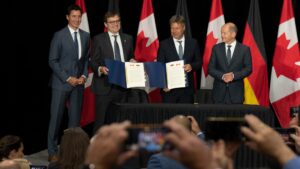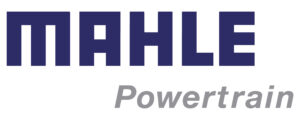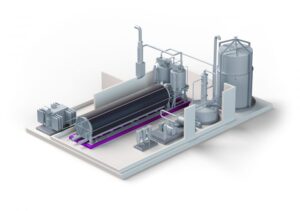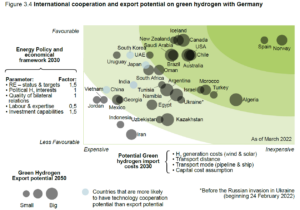Germany
First Ammonia announces deal for 5GW of Topsoe electrolysers
US-based First Ammonia has announced a new reservation deal with Topsoe for delivery of solid-oxide electrolysers. Initially, First Ammonia will purchase 500 MW of SOECs from Topsoe’s new manufacturing plant in Herning, Denmark, with the option to expand to 5 GW over the lifetime of the agreement. That initial 500 MW will be deployed over two First Ammonia production projects, both targeting commercial operations in 2025: one in northern Germany, and one in southwest USA.
Ammonia exports from Canada to Germany
German energy giants E.ON and Uniper have signed agreements to offtake 500,000 tonnes of renewable ammonia each from EverWind Fuel’s under-development project at Point Tupper, Nova Scotia, beginning from 2025. The backdrop for these offtake MoUs was the signing of a new bilateral agreement between the Canadian and German governments to establish a Transatlantic Canada-Germany supply corridor for hydrogen.
Skovgaard renewable ammonia project orders electrolysers from Nel
The consortium developing the Skovgaard ammonia project has ordered an alkaline electrolyser system from Nel, bringing the 10 MW plant a step closer to reality. Skovgaard will be an important test case for hydrogen production directly from renewable energy, with no battery storage or firming to be used.
In other electrolyser news, German-based Sunfire and US-based Electric Hydrogen have received new funding to develop their technologies. Also in Germany, Siemens and Air Liquide will join forces to develop a GW-sized factory in Berlin, with 3 GW of PEM electrolyser units to be manufactured annually by 2025.
New roadmap for ammonia imports into Germany
A Fortescue-led Australian-German business coalition has released a roadmap and ten-point action plan to meet ambitious ammonia import targets for Germany. Policy recommendations on the EU and Australian side of the emerging supply chain include financial support to address the first-mover disadvantage. Guidehouse have laid out recommendations of their own in a new report, which finds maritime shipping of ammonia over long distance is the best import option, and that - ideally - hydrogen derivatives should be shipped into Germany in the form required by end users, saving on reconversion costs.
Meanwhile in Copenhagen, EU Commission Executive Vice-President Frans Timmermans has backed the shipping industry to make the transition faster than expected, with ammonia to be the “future fuel”.









